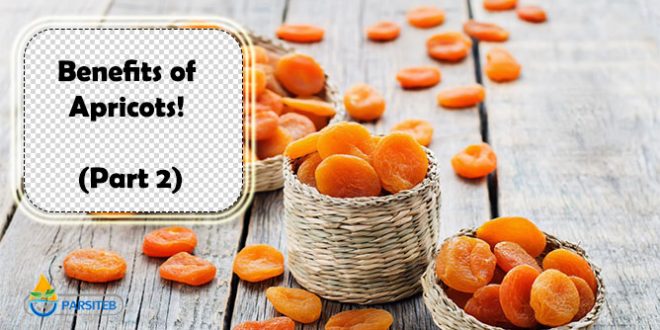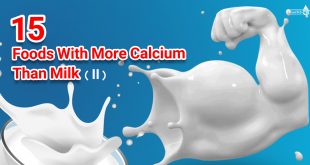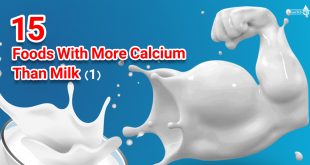High in potassium
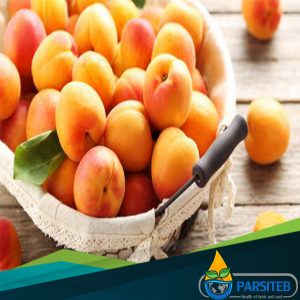
Apricots are high in potassium, a mineral that also serves as an electrolyte. In your body, it’s responsible for sending nerve signals and regulating muscle contractions and fluid balance.
Two apricots (70 grams) provide 181 mg of this mineral, which is 4% of the DV.
As potassium works closely with sodium to maintain fluid balance, adequate intake may help prevent bloating and maintain healthy blood pressure.
One analysis of 33 studies found that a diet rich in potassium significantly reduced blood pressure and resulted in a 24% lower risk of stroke.
Very hydrating
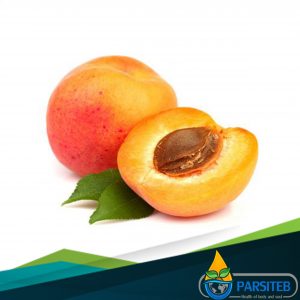
Like most fruits, apricots are naturally high in water, which can help regulate blood pressure, body temperature, joint health, and heart rate.
One cup (165 grams) of sliced, fresh apricots provides almost 2/3 cup (142 ml) of water.
As most people don’t drink enough water, eating fresh fruit can help you reach your daily needs.
If you’re dehydrated, your blood volume drops, forcing your heart to work harder to pump blood. Furthermore, staying hydrated allows your blood to circulate waste products and nutrients throughout your body.
What’s more, eating apricots can be an easy way to replenish both water and electrolyte loss after exercise, as this fruit offers good amounts of water and potassium.
May protect your liver
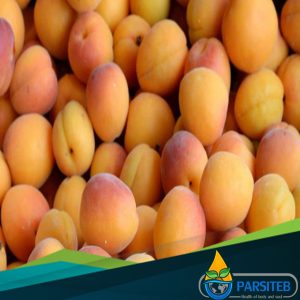
Some data suggests that apricots may help protect your liver from oxidative stress.
In two animal studies, rats fed alcohol and apricots had lower levels of liver enzymes and markers of inflammation than rats given alcohol but no apricots. This research suggests that apricots may help prevent liver damage because of their naturally high antioxidant content.
That said, it’s hard to know whether this fruit provides the same benefit in humans. More research is necessary.
Easy to add to your diet

Both fresh and dried apricots make for a quick, delicious snack or an easy addition to your favorite meal. You can add them to your diet in a variety of ways, including:
- stirred into trail mix or granola
- eaten fresh as a snack
- sliced and added to yogurt or salad
- used in jams, preserves, and salsas
- stewed in a slow-cooker with meat, such as chicken or beef
- added to desserts like pies, cakes, and pastries
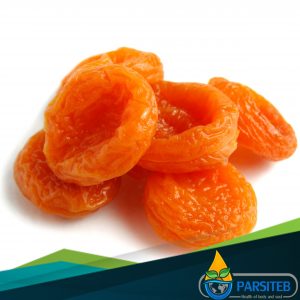
As they’re sweet and tart, apricots can be used as a replacement for peaches or plums in most recipes.
Reference: Healthline
Collected by: Dr. Sara Bakhshaei
 Parsi Teb Physical and Mental Health Journal
Parsi Teb Physical and Mental Health Journal 